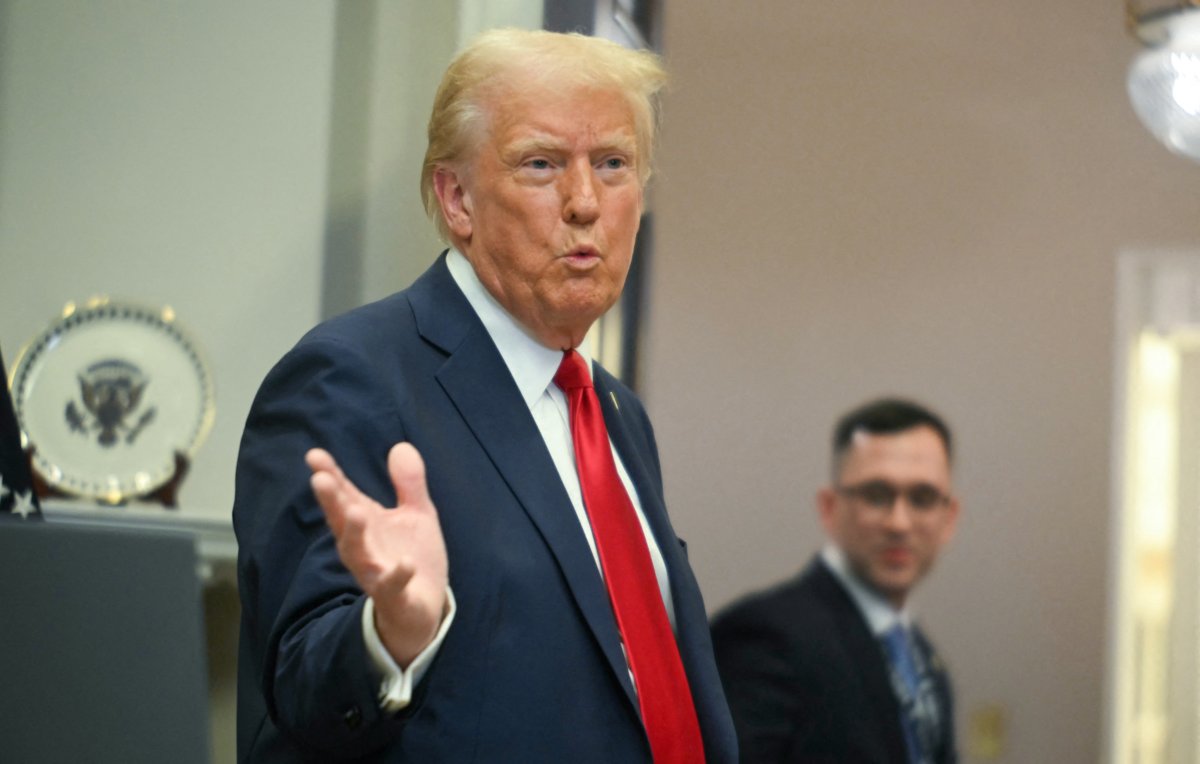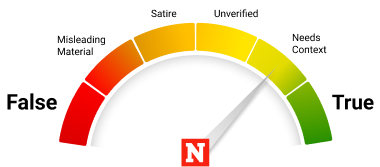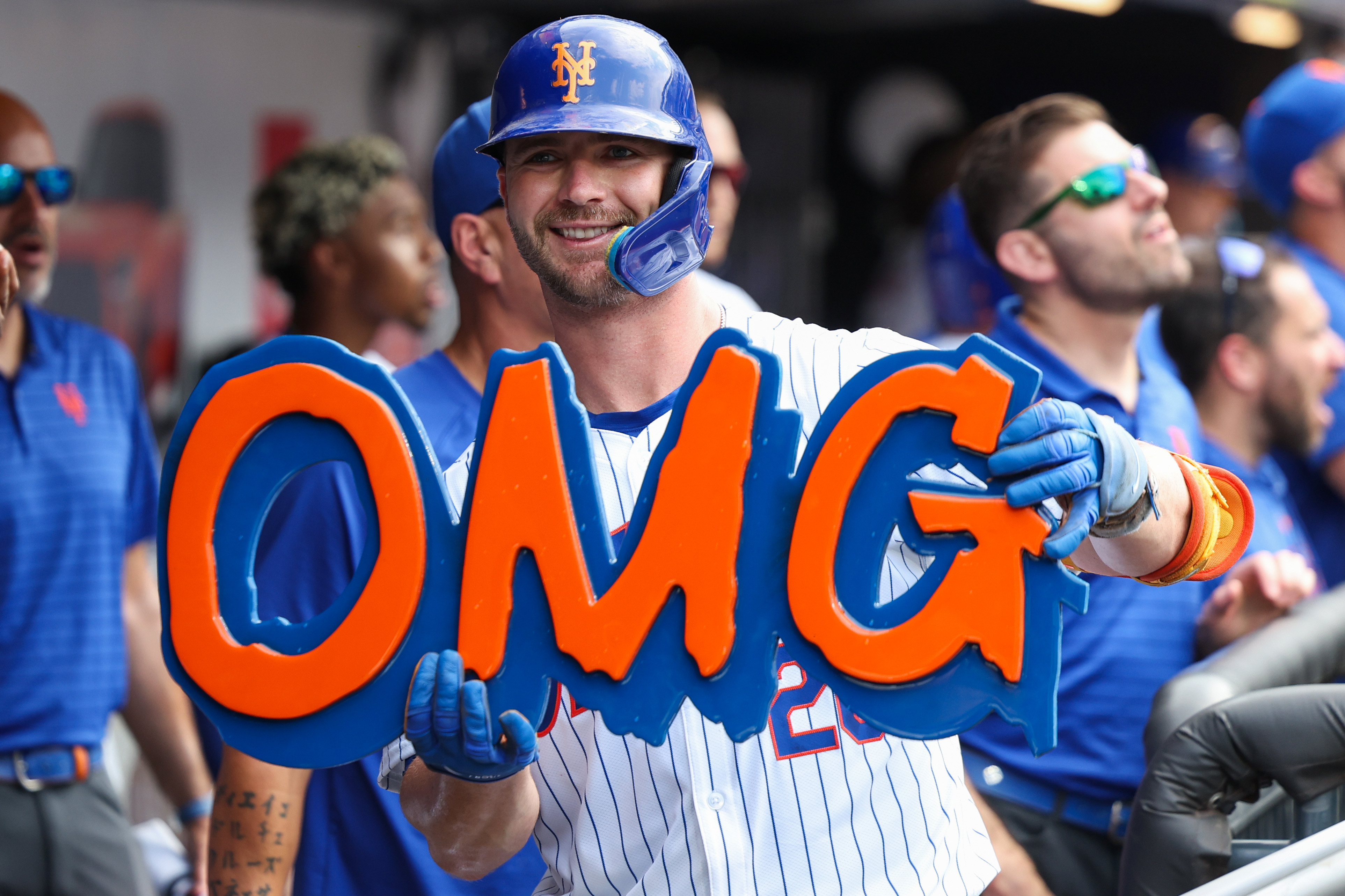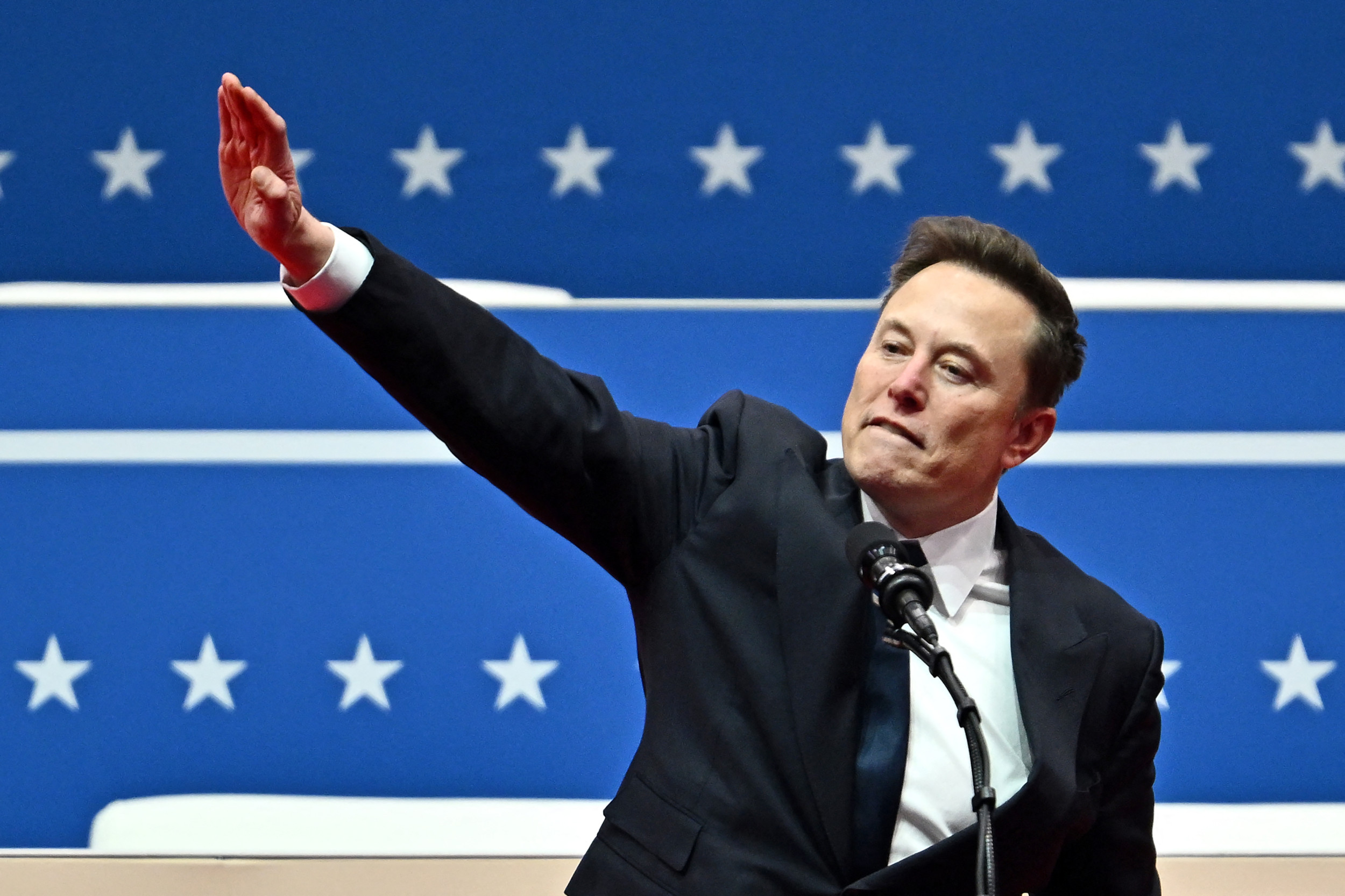President Donald Trump has been accused of raising prescription drug prices for seniors by immediately rescinding former President Joe Biden's executive order to lower costs after beginning his second term on Monday.
Amid an avalanche of executive orders from Trump on Inauguration Day, Biden's executive order 14087, "Lowering Prescription Drug Costs for Americans," was among several dozen that Trump reversed in an order targeting the "recession of harmful executive orders and actions."
Biden's order directed the Department of Health and Human Services to explore strategies to reduce costs. The U.S. Centers for Medicare & Medicaid Services (CMS) responded to the order with programs to cap the price of certain generic drugs at $2 for Medicare beneficiaries, improve Medicaid access to high-cost cell and gene therapies and to streamline the evidence-gathering process for new drugs.
The Claim
"Donald Trump rescinded Biden's action to lower prescription drug costs for Americans on Medicare and Medicaid," Democratic Senator Adam Schiff of California wrote on Monday in a post X, formerly Twitter. "There's no other way to spin it. That means more money out-of-pocket for seniors and families. Big Pharma first. Ordinary people last."
In a post to X shortly after Trump signed the order on Monday night, Representative Jimmy Gomez, also a California Democrat, wrote that "President Trump just took a step to increase prescription drug costs for millions of Americans."
Lawyer Tristan Snell, who successfully prosecuted a New York state civil suit against Trump University, also accused the president of raising drug prices on Tuesday, writing on X that Trump had raised "drug costs by as much as 4200%."
"He just reversed all the cost caps Biden negotiated for anyone on Medicare or Medicaid, over 120 MILLION Americans," Snell wrote. "He's pro Big Pharma -- and pro Big Insurance. He doesn't care about you. It was all LIES."

The Facts
While Trump's reversal of Biden's order did not immediately change any existing laws and regulations on prescription drug pricing for Medicare and Medicaid, it did create uncertainty about the federal government's approach to addressing prescription drug costs.
Dr. Mark McClellan, director of the Margolis Institute for Health Policy at Duke University and CMS administrator during the George W. Bush administration, told Newsweek that "just because [Biden's executive order] was withdrawn does not necessarily mean that the payment reform pilots that are in process (on $2 generic drugs or [Sickle Cell Disease] gene therapy access) will be."
"They could be withdrawn, but the new administration could also choose to continue or to build on these specific programs," McClellan added. "I havent seen any statements on that yet."
Geoffrey Joyce, the director of Health Policy at the University of Southern California's Schaeffer Center for Health Policy & Economics, told Newsweek that the $2 Medicare drug list model that emerged due to Biden's order might have had a "modest impact" on costs, while it was "hard to assess the magnitude" of impacts for the other two CMS proposals.
However, Joyce suggested that Trump's decision to quickly reverse Biden's order and potentially block any associated lowering of prescription drug costs was at odds with the president promising to lower drug prices while campaigning for a second term.
"The irony of this is that Trump campaigned on lowering drug prices yet does this on day 1 or 2?" Joyce said in an email. "I'm afraid it's only the beginning of seemingly inconsistent and/or incoherent health policies."
Political analyst Craig Agranoff told Newsweek via text message on Tuesday that Trump's decision "could have significant implications for the average American."
"While the immediate impact depends on how pharmaceutical companies respond, this move potentially opens the door for drug prices to rise," Agranoff said. "Biden's order aimed to rein in costs by promoting price transparency and competition, which are critical for making life-saving medications affordable."
"Without those measures, companies could have more flexibility to set higher prices," he added. "For many Americans, particularly those on fixed incomes or without comprehensive insurance, this change may lead to increased financial strain and limit access to essential medications."
The Ruling

Needs Context.
Trump's rescission of Biden's order is unlikely to immediately increase the cost of prescription drugs for Medicare and Medicaid recipients. However, it could potentially make it easier for drug companies to raise prices in the future, although the extent and the timing of any impact is unclear.
FACT CHECK BY NEWSWEEK




















 English (US) ·
English (US) ·